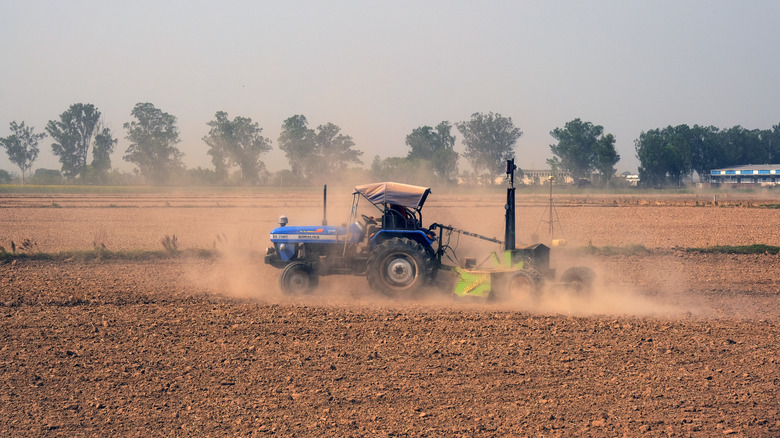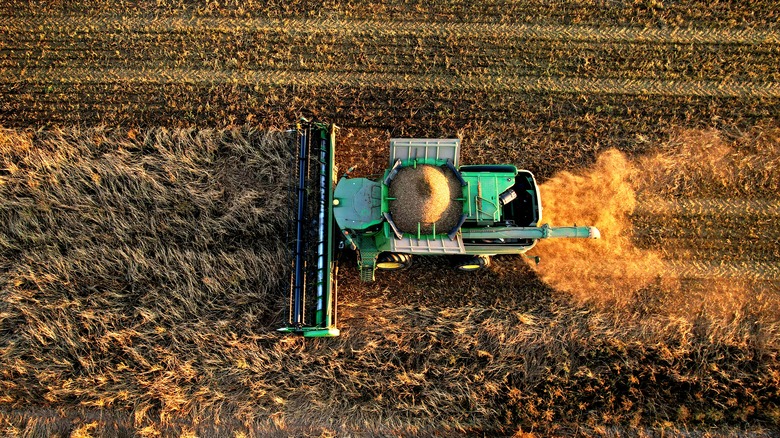Why India Is Able To Handle The Ongoing Food Crisis So Efficiently
Food inflation is causing a sharp increase in global prices as factors ranging from the war in the Ukraine to devastating droughts have led to production and supply chain disruptions. According to the International Monetary Fund, the UN Food and Agriculture Organization's Food Price Index, which tracks commodities such as meat, cereals, oils, and sugar, has risen to its highest level since 1961, marking a 23.1% year-over-year increase in 2021.
This crisis is impacting nations in various ways. NPR notes that in Africa, Ethiopia, Somalia, and Kenya have seen over a doubling in the number of individuals experiencing the most extreme forms of hunger. Across the Middle East and Asia, Lebanon's financial crisis is worsening due to food inflation and Afghanistan is closing in on a potential famine. Meanwhile, Sri Lanka has seen food inflation rise concurrently with the prices of fuel and medication.
India has also been hard hit, experiencing a record-setting heat that has plagued wheat crops, as temperatures soared to around 120 degrees in New Delhi. This led to a short-lived ban on wheat exports as the nation shored up their domestic supply. India also cut back sugar exports in an effort to keep prices lower internally.
Secret to India's strength
Despite these measures, India is in a relatively-comfortable position to weather the current food crisis. Speaking with NBC, India's chief economic advisor, V. Anantha Nageswaran, pointed out that their ability to produce and store adequate quantities of grain for their citizens has meant that price fluctuations and overall food security are not as concerning as they are to other countries. Further, India has rolled out subsidies on cooking fuel and food items to ameliorate the situation.
This stands in stark contrast to the way food inflation is projected to impact those around the world who can least afford it. The International Food Policy Research Institute (IFPRI) explains that many of the poorest people in the world spend over 50% of their budget on food, and 160 million people are forced to make do on a daily income of 50 cents.
The IFPRI is calling on world leaders to respond quickly to stem the effects of the food inflation crisis with an "emergency package" that includes robust food assistance programs, the elimination of export bans, revised biofuel policies, and assistance for small farmers. They have also put forward a more future-oriented "resilience package," aiming to give the individuals experiencing poverty and developing nations the tools they need to stave off dire food insecurity going forward.

